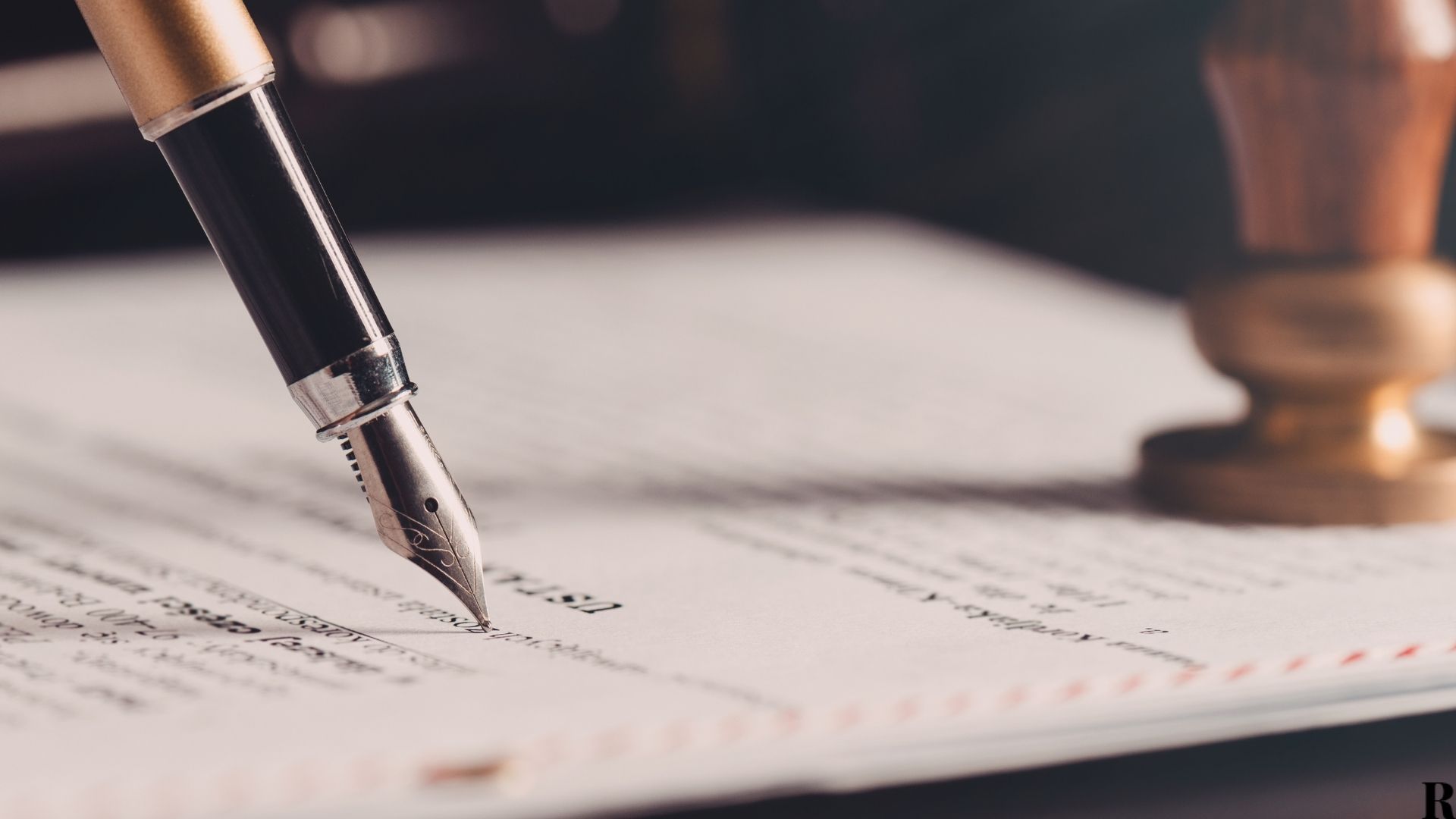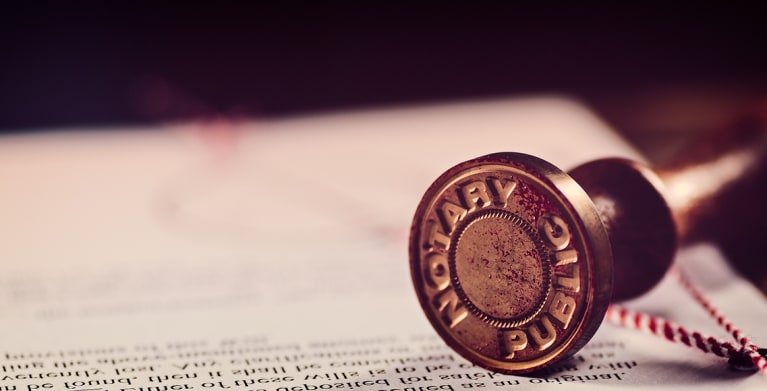Recognizing Apostille: Simplifying International Record Legalisation
Recognizing Apostille: Simplifying International Record Legalisation
Blog Article
Debunking Notarial Job: Streamlining the Role and Importance of Notaries
In the intricate web of legal paperwork and confirmation, notaries stand as pillars of assurance and credibility. Their function, frequently shrouded in enigma for many, lugs substantial weight in guaranteeing the credibility and integrity of critical documents. As guardians of legitimacy and reality, notaries play a crucial part in our society, yet their work is not constantly fully comprehended. By unwinding the intricacies shedding and surrounding notarial practices light on the value of their acts, a more clear understanding emerges of the essential role notaries play in promoting the fabric of legal and lawful arrangements.
The Background of Notarial Work
The background of notarial work dates back to ancient civilizations, where scribes played an important role in videotaping crucial details and verifying records. This led to the advancement of notaries, people designated by the state to act as impartial witnesses in legal issues.
Throughout the Center Ages, notaries gained importance in Europe, with their features expanding to consist of composing legal files, accrediting signatures, and protecting documents. The rise of global profession even more highlighted the importance of notarial job in verifying contracts and contracts throughout borders.
In the contemporary age, notaries continue to play a vital role in lawful and organization deals by confirming identities, verifying the authenticity of files, and protecting against fraudulence. Their duty in licensing the credibility of arrangements adds a layer of security and depend the ever-evolving landscape of commerce and legislation.

Obligations and Duties of Notaries
Notaries play a vital duty in verifying the credibility of papers and the identification of signatures. One of their main responsibilities is to witness the finalizing of important papers, such as contracts, actions, and wills, to make certain that all celebrations are getting in right into agreements knowingly and willingly.
Furthermore, notaries are charged with providing affirmations and oaths, which are crucial in legal proceedings and the execution of testimonies. They certify duplicates of initial documents, offering guarantee to organizations that the copies are true replicas of the originals. Notaries must keep accurate records of all purchases they look after to guarantee openness and liability. Overall, the tasks and duties of notaries are crucial in guarding the honesty and legality of various files and purchases.
Notarial Certificates and Signatures
Exemplifying meticulous interest to information, notarial certifications and signatures act as vital elements in verifying the authenticity of legal records. Notarial certifications commonly have critical info such as the date of notarization, the names of the notaries, a summary of the record, and the more info here notary's official seal. These certifications offer a clear document of the notarial act, ensuring that the file can be conveniently recognized and traced back to the notary who managed the process.
Trademarks play a crucial role in notarial work, as they signify the arrangement and permission of the parties entailed. Notaries very carefully Find Out More witness the signing of files to verify the identification of the signatories and confirm that they are authorizing of their own free will. By attaching their official seal and signature to the paper, notaries certify that the essential procedures have been adhered to and that the paper is enforceable and legitimate.
In significance, notarial certificates and trademarks are the characteristic of authenticity in lawful transactions, offering assurance to all celebrations included that the records are legit and binding.
Value of Notarial Acts

Notarization Refine Clarified
Discussing the registration procedure supplies quality on the important steps associated with confirming legal papers. The notarization process commonly starts with the specific providing the paper to a notary public. The notary after that verifies the signer's identity through acceptable recognition methods. As soon as the identity is validated, the notary guarantees that the individual authorizing the record does so willingly and with no coercion.

Final Thought

Notarial certifications usually have vital information such as the date of notarization, the names of the notaries, a description of the file, and the notary's main seal. These certifications supply a clear record of the notarial act, guaranteeing that the file can be quickly recognized and traced back to the notary who supervised the process.
By attaching their main seal and signature to the document, notaries accredit that the required treatments have been adhered to and that the document is valid and enforceable.
By confirming the identity of the signatures, confirming their willingness to enter into the arrangement, and certifying the date and place of the signing, notaries play a critical function in supporting the credibility of legal records.After the document is authorized, the notary will certainly affix their official seal or stamp onto the record.
Report this page